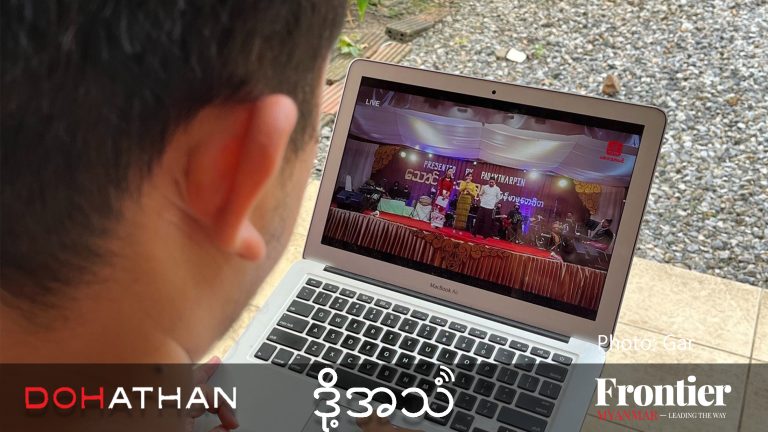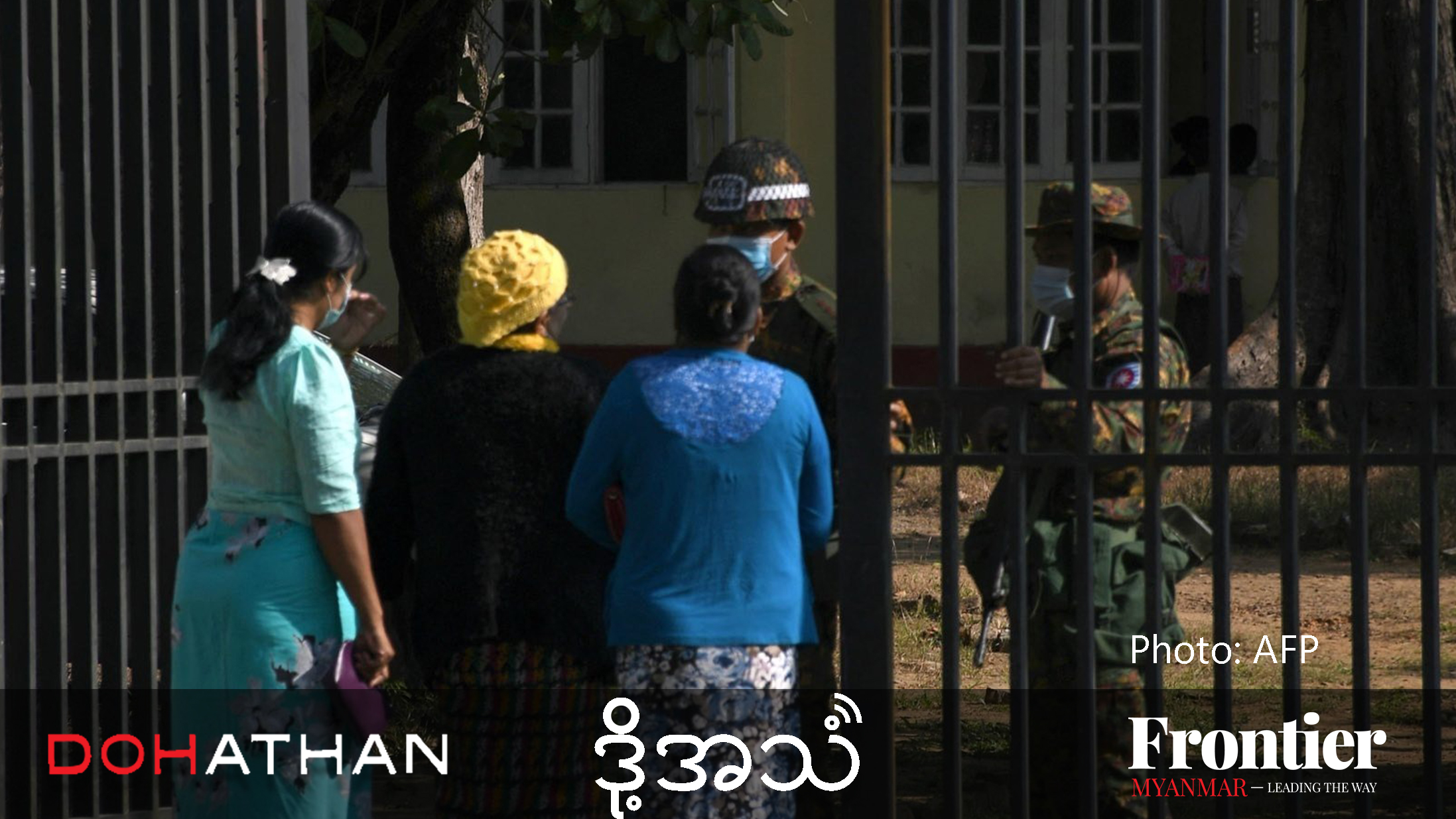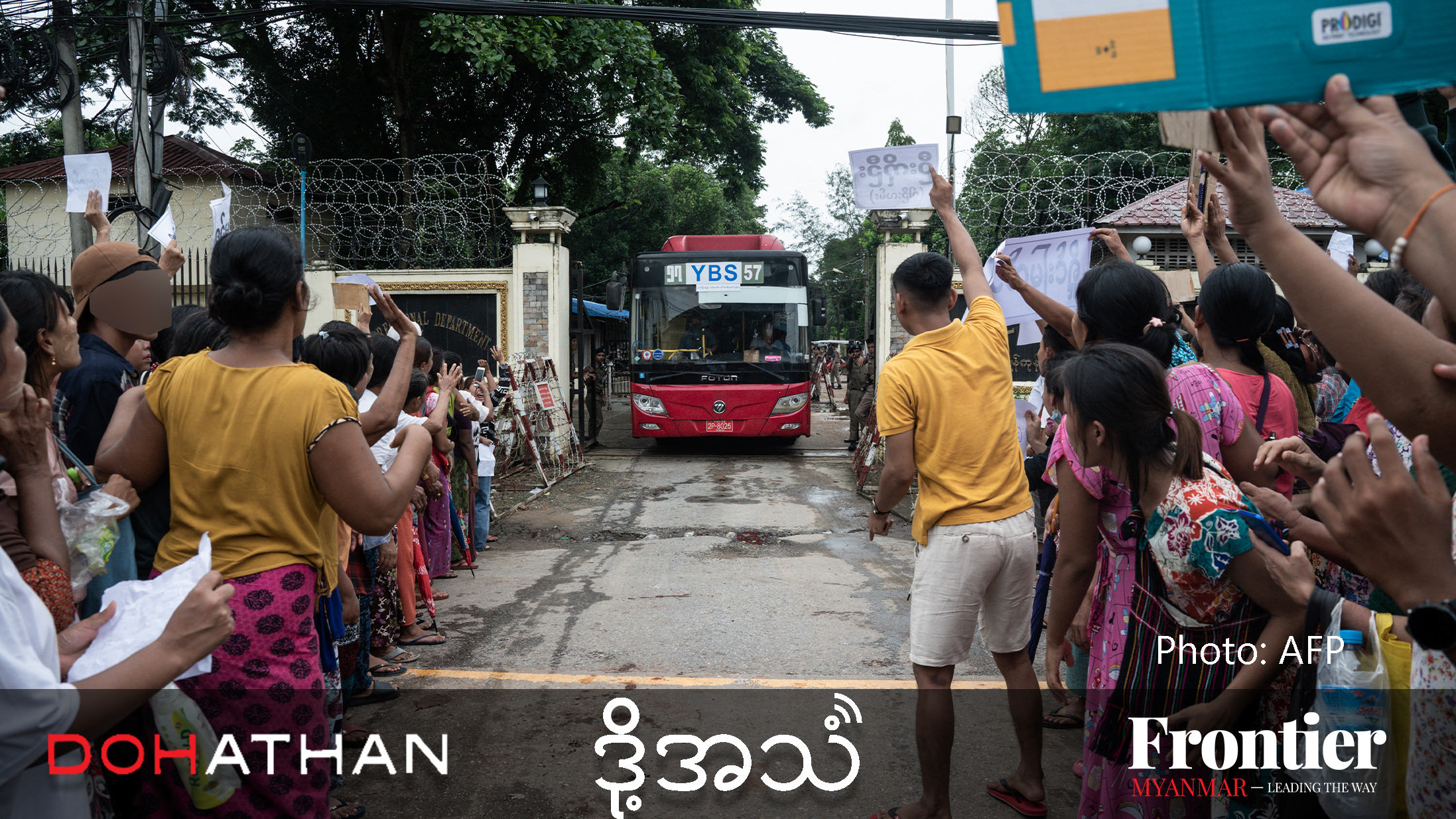The Justice for Victoria social media campaign has resonated like few before it.
While social media campaigns can and do attract significant support online, rarely do they translate into real-world action on this scale.
That an estimated 6,000 demonstrators marched to the Criminal Investigation Department office in Yangon’s Insein Township on July 6 speaks to the growing concern over the disturbing increase in reported child rape cases. Clearly more needs to be done to understand why such cases are on the rise and what can be done to prevent them.
But the campaign underscores a broader, and potentially more serious, problem: the lack of trust in the criminal justice system, from the police to the law officers and the courts, to deliver justice.
This lack of trust is not a new phenomenon. But this government came to office with a promise to improve the rule of law – in fact, it was one of the National League for Democracy’s only campaign promises. This case suggests that the government has made little progress.
The Justice for Victoria campaign was launched because of the belief that those investigating the alleged sexual assault of a two-year-old at a privately run nursery school in Nay Pyi Taw were dragging their feet and protecting powerful interests. “Victoria” is a pseudonym for the victim.
Support more independent journalism like this. Sign up to be a Frontier member.
The more the authorities tried to ignore the campaign, the stronger it grew. When it threatened to spiral out of control, police re-arrested a driver from the school who had already been questioned and released.
Does this represent a victory, either for “Victoria” or those seeking to change the criminal justice system? Few seem to think so, given the deep scepticism about whether the driver was responsible.
Social media can act as an important check on those in power, and help to amplify the voices and concerns of ordinary people. But in responding to these concerns, the government is simply trying to put out spot fires – short bursts of public anger over a particular case.
The reality is that the entire house is on fire. Put out one spot fire, another will soon appear. There seems to be little appetite though to acknowledge and address the systemic problems that cause these examples of injustices to appear with depressing regularity.
An earlier example is the trial of the alleged killers of comedian Aung Ye Htwe. The President’s Office intervened due to criticism over the case being dropped due to lack of evidence. Subsequently, six officials were arrested for alleged corruption, including the Yangon Region advocate general.
What has changed? Very little. Corruption of this type is routine; the entire system is built on it. Prosecuting a few individuals involved in corruption will not fix the system.
People turn to social media because they have no other avenue to seek redress. One practical step would be to set up credible, accountable ombudsman-style bodies that can accept and review complaints related to alleged police inaction or abuses of power. These bodies could comprise a range of representatives – not just from the government, but also the community. Another possibility would be for police to hold regular community forums.
Lack of trust in institutions can be deeply destabilising. In the case of Justice for Victoria, the criminal justice system’s failures have prompted ordinary people to take on the job of the police – a kind of online vigilantism. Rather than trust the official version of events, people turn to friends, family and influencers on social media for the “true story”. The information shared online can then solidify into fact.
After the driver was arrested, for example, the name of another alleged suspect was widely shared online. This is a terrible violation of that person’s right to privacy and the presumption of innocence.
It is a dangerous response, but also an understandable one. Unless the government pursues meaningful reform of the criminal justice system, we can expect more social media campaigns, more knee-jerk responses and more injustice.







